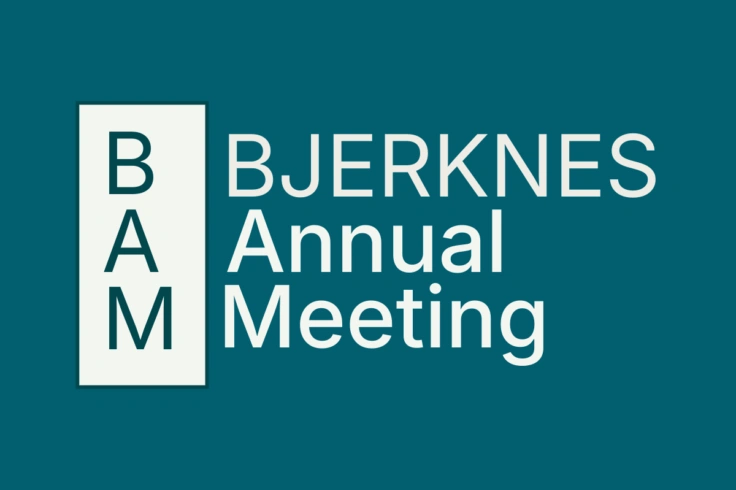Kalender
Den store bredagen

Tidspunkt
27. mai 2025, 16:00-19:00
Sted
Kulturhuset, Vaskerelven
Forskning og friluftsliv - for deg med hjarte for breen
Breane smeltar verda over. 2025 er av FN utnemnt som Det internasjonale breåret, for å skaffe merksemd om bevaring av breane i alle verdsdelar.
Bli med på ei rundreise til verdas brear gjennom kort-korte foredrag:
1800-1845 Brear på den sørlege halvkula:
* Opning ved Jostein Bakke
* Nytt frå Trond Mohn Forskingsstiftelse
* New Zealand og Andesfjella - Ben Robson
* Sørishavet - Jarle Sleire
1 min posterpitch
* Antarktis - Elin Darelius
* Grønland - Konstanze Haubner
* Himalaya - George Young
* Alpene - Ann Rowan
1845 - 1915 Pause med poster
1915 - 1945 Brear på den nordlege halvkula
* Våre brear - Rebekka Frøystad
* Svalbard - Willem van der Bilt
* Om breopplevingar og friluftsliv - Knut Inge Engelbreth, breinstruktør og styremedlem i BHT Fjellsport
1945-2000 Pause
2000 Diskusjon: Turismeparadokset
Korleis kan vi ivareta breane samstundes som presset frå turismen aukar?
* Turismeparadokset ved Halvor Dannevig, Forskingsleiar ved Vestlandsforsking
Paneldiskusjon:
* Siren Juliussen, seniorrådgjevar naturforvaltning, DNT
* Karin Lillevold, Doktorgradsstipendiat UiB
* Halvor Dannevig, Forskingsleiar ved Vestlandsforsking
* Marta Rongved, seniorrådgjevar for reiseliv i Vestland fylkeskommune
Moderator: Gudrun Sylte, kommunikasjonsleiar på Bjerknessenteret
Meld deg på her - heilt gratis
Sjekk også ut denne videoen med Josten Bakke
Kontaktpersoner

Jostein Bakke
Professor - Polar Climate, UiB - Universitetet i Bergen

Marius Årthun
Forskningsleder/ Research leader - Polar climate, UiB - Universitetet i Bergen
Gudrun Sylte
Rådgiver, UiB - Universitetet i Bergen
Flere kalenderoppføringer
Se alle
Bjerknes Annual Meeting (BAM) 2026
